Interview with a Film Archivist: Emma of Internet Archive
9 Share TweetA little context for our readers: Emma (@SalmonSnail on Reddit), who I am fast deciding is like the Indiana Jones of film, so graciously answered a question of mine with so much detail and insight I ended up wanting to message her with more questions. Then I thought, hey, I’ll take a leaf out of her book and make knowledge open source – the Lomography community would definitely want to be made privy to her answers!

Hi Emma, welcome to the Magazine! Please introduce yourself to our readers. How did you get into this line of work?
Hi, I’m Emma! I graduated with a degree in Environmental Geomorphology, and went to work for the National Park Service after college. During bad weather, instead of field work, I would spend time managing our park’s archives. I fell in love with all the historic old photographs. When I went to live with my parents at the onset of the pandemic, I turned our family photo hoard into its own micro archive. I couldn’t stop digitizing, and decided to rescue other families' memories at risk of them being thrown in the dumpster at estate sales. To date, I've digitalized over 40,000 35mm slides and 8mm home movie films which you can view at my project TimeWorm Archive.
What do you love about your work? And conversely, what is the most challenging aspect of your work?
I love digitizing 35 mm slides (99% of the photos I digitize are slides). I love seeing a moment of someone’s life that they chose to immortalize on this gorgeous type of film. I feel really fortunate to get to share that moment with these strangers.
Most challenging aspect hands down is keyword tagging every single slide. I have almost 250 unique tags. Everything from “Car” to “Family Photo Featuring The Family Cat”.

I had no idea there was such a big collector's market for people's found slides. While an interest in history transcends age, it's true more people become interested in history as they get older. What is it like (I'd imagine you'd be among the youngest) being among older collectors?
There is, and it’s exploding! Collectors look for certain nostalgic scenes that remind them of their childhood, so all of my collector friends are in their golden years, so to speak. We all come together on the 35 mm Collector’s page on Facebook and share our best finds. I find myself reminiscing with them about wood panelled living rooms, classic cars, and small town parades…when I wasn’t even born yet to experience those things! I was born in 1994. These are my parents' memories. My grandparents' even. It’s wild.
These collectors have no problem showing up to a random estate at 4am on a Saturday to score thousands of slides from a single family. It’s very competitive.
The Internet Archive (IA) provides scanning services and digitalizes collections. Can you tell us a bit about the network of people involved – what do people who come forward and offer to make their private collections "public access", generally have in common?
The people who donate their slides to me all have one thing in common. None of them inherited the slides from their own families. They’re always thrift store finds or taken off the hands of friends. I’ve noticed the people who put their family photos in a position to be liquidated tend to not have such positive feelings towards their relatives. It doesn’t make a difference to me. It’s going in the cloud, good or bad.
There’s a lot that goes into archival work, can you briefly explain a bit about it? What's your own process?
The digitization equipment, the storage space, the archival storage boxes, the environmental regulation equipment, all of the software involved, the massive amounts of hard drive space – it’s daunting. Creating a smooth assembly line method of the most efficient way to scan the most slides in the highest resolution while sorting, tagging, and organizing them all physically and digitally is rough to do on my own. But I can’t imagine doing anything else. I have many collector friends who classify themselves more as “hoarders” than any sort of “archivist”, and I can absolutely understand why. It’s a massive ordeal.
Speaking of flea markets, can you explain where and how serious collectors, and archivists such as yourself, go to find artifacts?
These are secrets! A lot of it is experience. You have to look through promotional photos to look for any kind of ephemera or photo albums. Once you know how to spot the Kodak logo from a 300 pixel resolution image, you can find gold.

How do you deem a photo collector-worthy?
This took me about a year to figure out. I used to scan every single slide that came into my possession. Now I only scan maybe 1/3 of the slides that come in through the door. I try to scan everything that has any sort of content in it at all, other than duplicates or similar shots, zero context landscape photos, and blurry shots.
Do you really have to “network” at fleamarkets and with other collectors to obtain the best stuff? It sounds like the stuff of movies (like how detectives have “ins” with people doing them favors.)
There is a massive amount of networking involved. It’s a very niche, tight knit collector’s community, and it crosses into many other types of collectibles, like sports cards, tobacco cards, militaria, etc. You can't be afraid to ask questions, because you’ll have a lot of them! What's this worth? What is this thing? Anyone know what this photo is of? What's this machine? What’s this car? Is that a radio or a fridge? Other collectors adore talking about the past, and are more than willing to chat about it.
Talking about networking actually makes me really happy knowing all of the people I’ve met through this project. I love the memories they share with me, and it, again, makes me feel so so so lucky to have these people take time out of their day to tell me about the times that made them truly happy.
For those who want to digitize their own negatives, what do you recommend? Are there resources?
If you have more than 100, and you have the time on weekends, spring for an Epson V600 used on eBay along with Silverfast 9 SE (scanning software). That’s the cheapest option. Other than that, sift through google searches to find local businesses who can digitize. There’s a ton of them, and stay far away from those companies with names like “ForeverBox” who charge out the wazoo for the same thing. Also, filmcare.org and Graphics Atlas.
Thanks! Speaking of which, Lomography's own DigitaLIZA+ and DigitaLIZA Max digitizes negatives and can be used for scanning E-6 slides too.
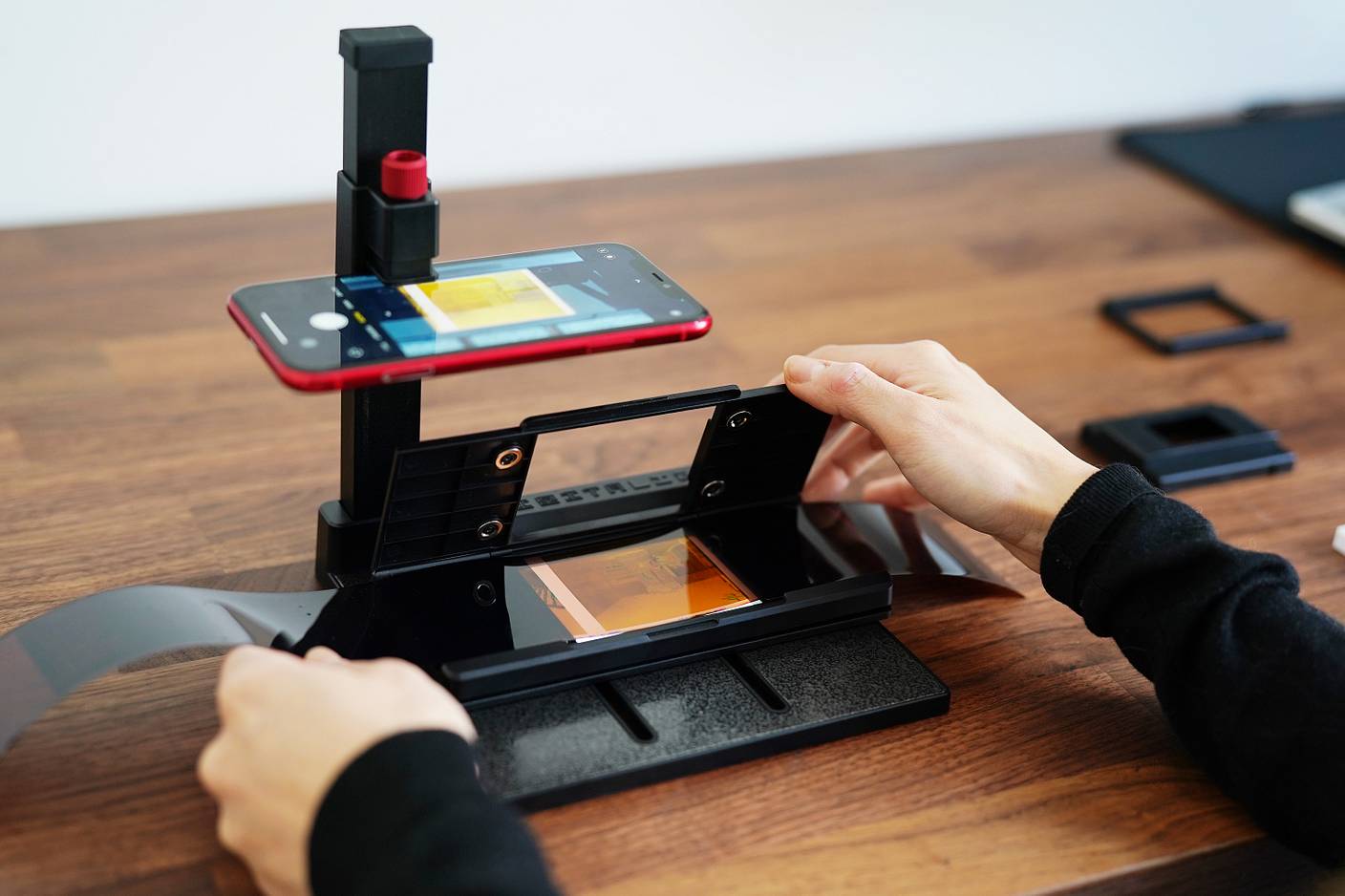
That digitization service looks great! I love it.
What are you currently on the lookout for? Do you have specific themes, images and places in mind?
I cannot get enough photos of dads at the grill. It reminds me of spending time with my dad on our patio in North Texas, as he explained to me how Nathan’s Hot Dogs are the ONLY valid hot dog worth grilling. I see a photo of a dad at the grill, and it immediately gets a gold star sticker, and pushed to the front of the scanning que.

Do you currently shoot film? What are your favourite cameras?
I actually have a slide film “dealer”, believe it or not. I’m able to get my hands on frozen fresh Astia, Provia 400F, and my absolute favorite, Velvia 50. I shoot with a Tiara II, Rollei AFM35, and Canon A1.
What is the intersection between old photos and photos being created by us today? Do you think we are sharing current culture for generations to come/weird photos for them to decipher?
Everyone takes a photo for a reason. Especially with amateur photography, we’re all trying to hold onto a memory forever. Why else would we take a photo? Which is why I’ll say this. . . going through someone’s personal photograph collection is an extremely powerful way of putting yourself in someone else’s shoes. Their memories make an impact on you, which becomes a memory of yours, and keeps them “alive” for years and years after they’ve passed on.
Many thanks to Emma for sharing her knowledge and collection with us! Follow her work at TimeWorm Archive on Flickr.
written by soundfoodaround on 2023-02-26 #culture #people #history #interview #archive #digitizing #archival #archivist




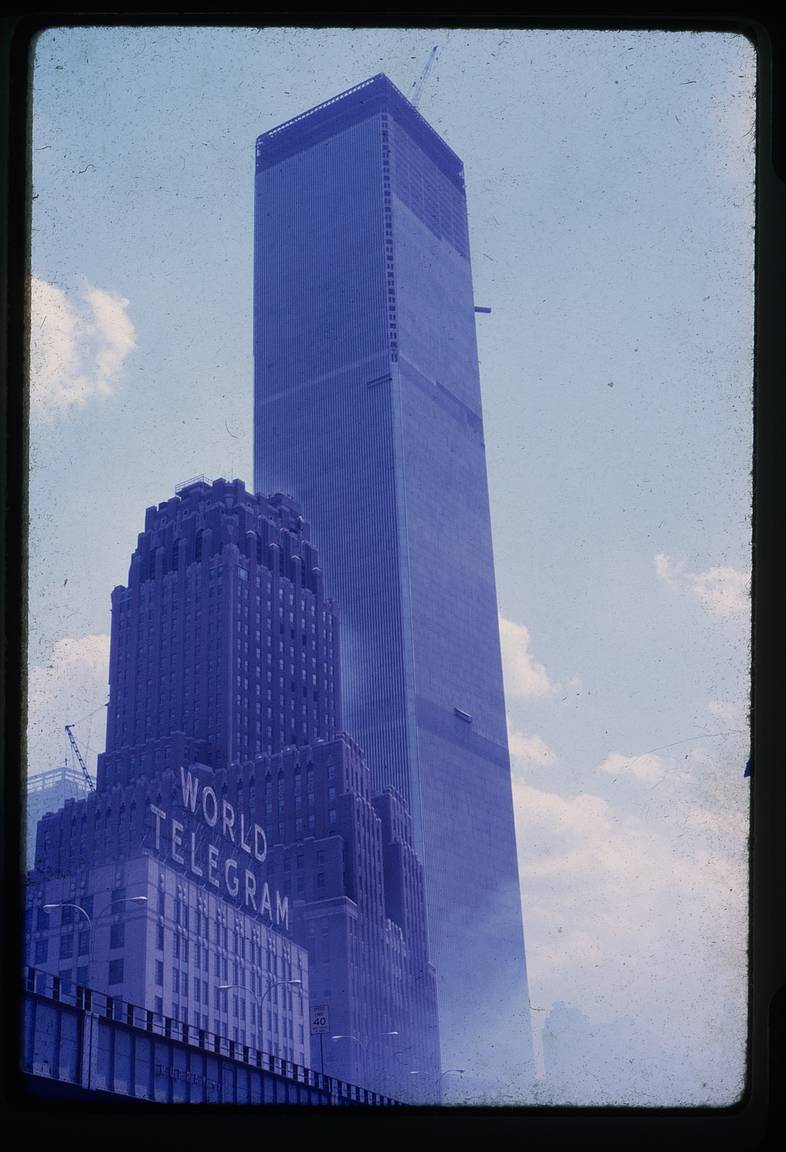
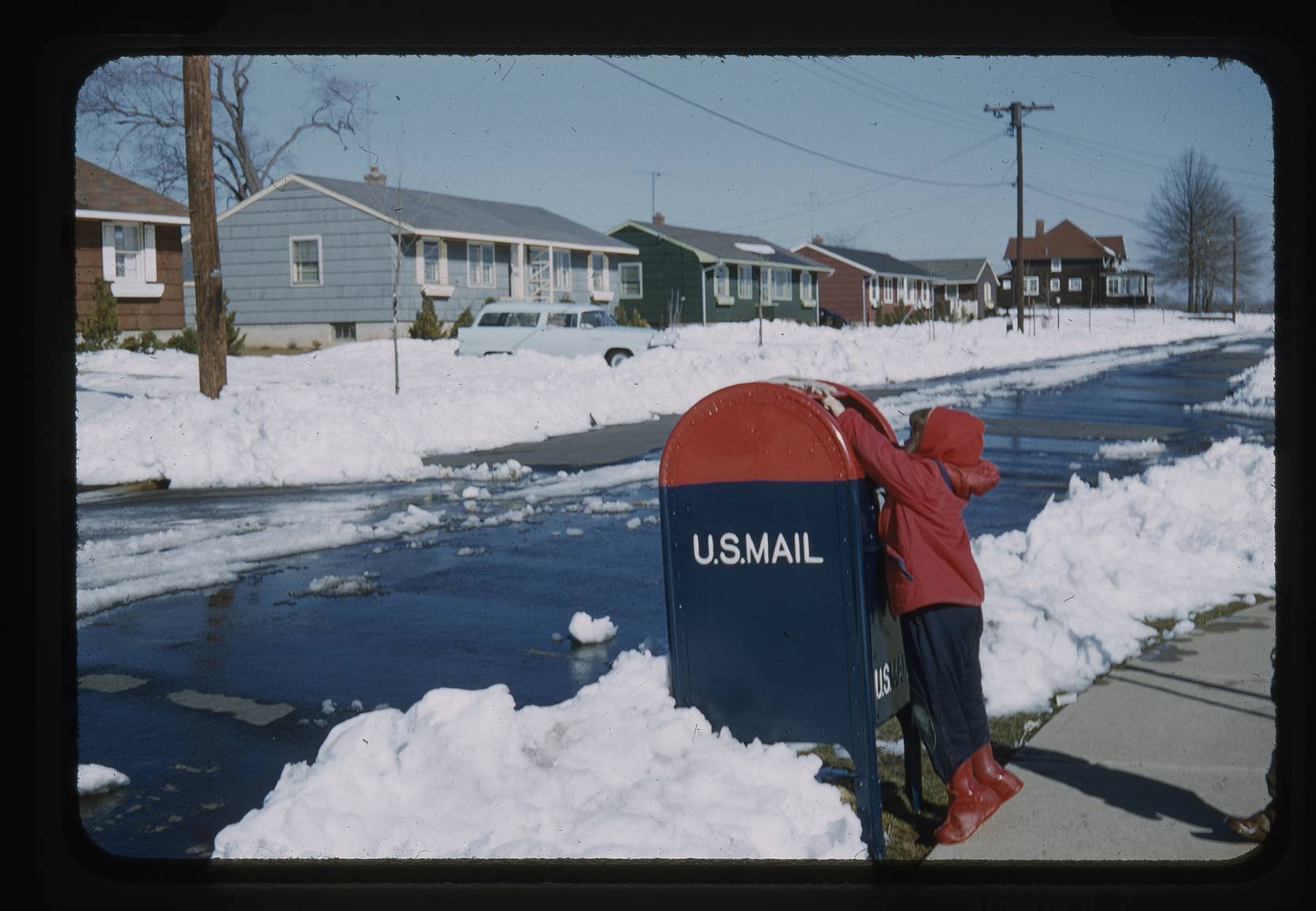








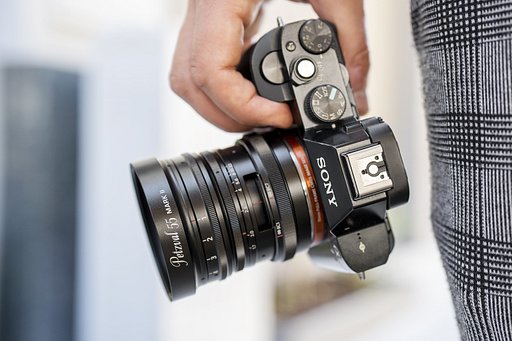






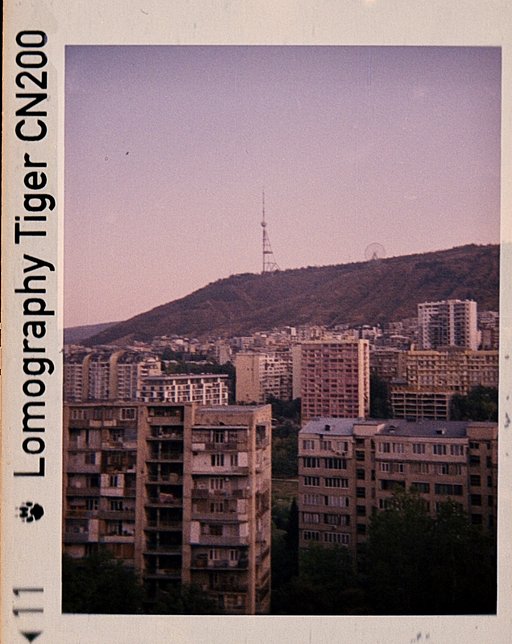




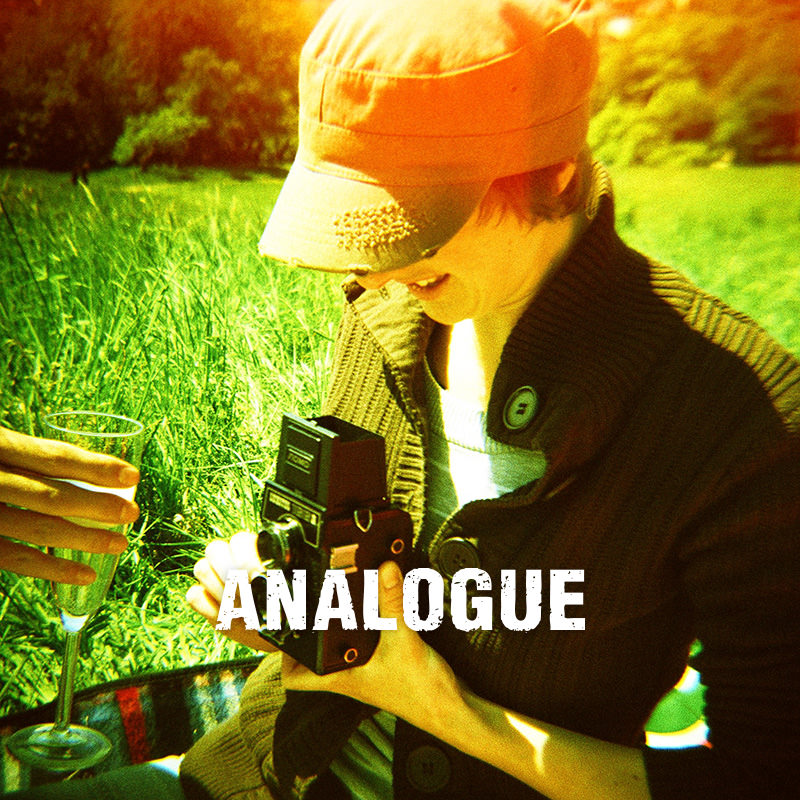
No Comments